Meet the Young Companies that Are Facing Challenges, Beating the Odds and Winning
Opposite a startup’s enthusiasm and vision is hard work and a legitimate battle against failure. The odds don’t stack up in a startup’s favor. Ten percent are gone within the first year, regardless the industry. They can operate lean or have a $100 million bankroll and an enormous support team, still 90 percent lose the fight by the five-year mark. Misreading market demand is the number one reason why.
With approximately 1,100 direct selling companies operating annually in the U.S., our channel is not immune. Yet, every year brave and tenacious entrepreneurs step into the fight with unwavering vision to build brand communities that bring products to market and change lives along the way.
Direct Selling News comprised a list of direct selling startup successes—statistical outliers of sorts who have seemingly beat the odds. Some of direct selling’s fastest growing startups, they are all five years old or less and have surpassed the $1 million mark in monthly sales. They include:

- Bellame
- Chalk Couture
- Color Street
- Green Compass
- New U Life
- Red Aspen
- Revital U
- Savvi
- Scout & Cellar
- Seint
- Tori Belle Cosmetics
- Velovita
- Viiva
- Zyia Active
Note: This isn’t an exhaustive list. If you’re not on it and should be, please let us know at editor@directsellingnews.com.
Leaning hard on core values, principles and mission, Bellame, Green Compass, Red Aspen, Scout & Cellar and Tori Belle Cosmetics—participants in this story—have navigated a tough business climate amid a plethora of obstacles since they launched.
They have utilized a business model that capitalizes on flexibility, personalized service and the raw power of personal connections to break through barriers created by the pandemic in order to grow and scale. They continue to establish themselves as next generation direct selling companies with the nimbleness necessary to survive missteps and the tenacity to fight through even the toughest of times.
This is how they did it—and how you can take the lessons they’ve learned and apply it to your business, whether you are just starting out or well-established.
Prioritizing Transparency
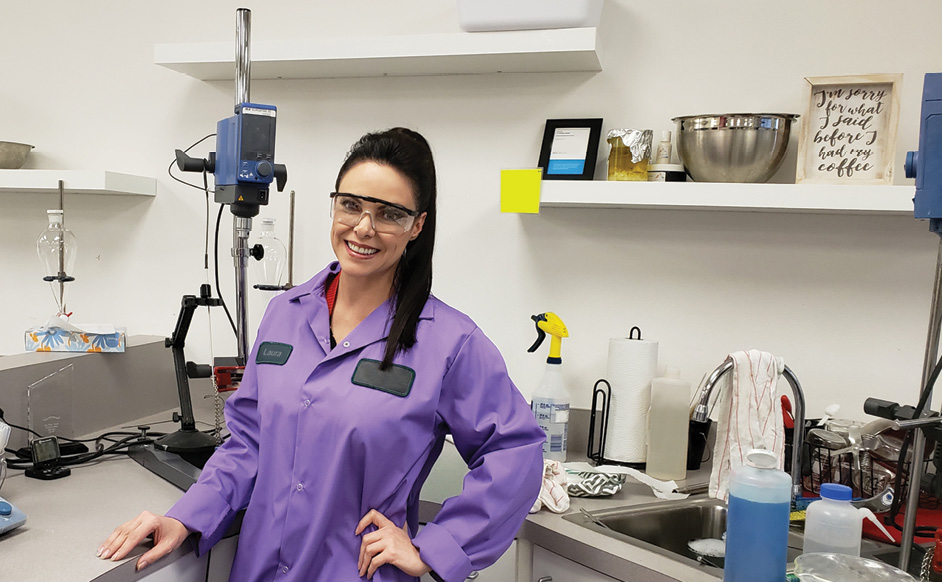
Transparency is a top priority for each of these companies and their “no secrets” philosophy sets the tone for everything else they undertake.
“Freakishly transparent” is how CEO Laura Hunter describes Tori Belle Cosmetics. As an early adopter of tech, Hunter has never missed a Thursday “live” in four years. These digital events broadcast simultaneously across Tik Tok, Instagram, YouTube and Facebook. Half product-use pro tips and half company business updates, Hunter draws no line between public and affiliate access.
“We go through all the business for the week—everything. What’s in; what’s out; what the month is looking like; what the specials are going to be, and then we have a question-and-answer session. We answer questions about the company live all the time. It doesn’t faze me at all. I have nothing to hide,” Hunter shared.
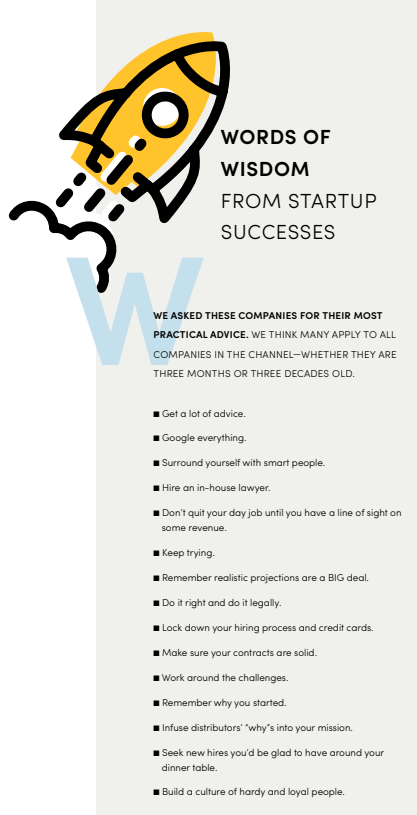
In fact, these digital interactions, when nurtured and harnessed correctly, can teach startups a thing or two. Bellame Founder/CEO Melissa Thompson’s personal blog attracted 100,000 followers long before she launched the company. The transparent online relationships she had revealed what followers loved and disliked about beauty products, as well as the direct selling industry itself. That input later helped form the company’s blueprint.
“Our Brand Partners and our customers continue to be a true part of our evolution. From product ideas to business strategies, we believe in servant leadership and that is only possible through full transparency,” she explained.
Firewalls simply don’t exist for customers at Red Aspen, Green Compass or Scout & Cellar. Each company maintains open access so the public knows all there is to know about their products and brand.
“At the customer level, we include a QR code on every package linking to the product’s Certificate of Analysis, a third-party lab document outlining the exact breakdown of the plant-based compounds inside. We own the entire process of creating our products from seed to bottle, and we’re proud to offer the utmost transparency and traceability,” Robert Finigan, CMO, Green Compass said.
Transparency is part and parcel of Scout & Cellar’s Clean Crafted Commitment, so in February they rolled out ingredient bottle labels on their wines, also making them available online. Something unseen before for alcohol. But they don’t stop there. Scout & Cellar also issues Sip Reports—kind of a baby blockchain for wine—sharing every grape’s path to becoming clean crafted wine, as well as full nutritional information like fat, calories, protein, sugar and carbs for each bottle.
“It’s not like anything else in the wine industry. No one else is doing the one-two punch of ingredient labeling and the Sip Report,” Sarah Shadonix, Founder/CEO, Scout & Cellar, explained.
Red Aspen takes that same transparent approach to their business opportunity. As Jesse McKinney, Red Aspen’s Co-Founder/CEO said, “Our sales structure, product information, ingredients—everything—is available to the public. This affects the field because our Brand Ambassadors can therefore be open and honest with their sphere. Transparency provides confidence in our Brand Ambassadors to represent the company and grow the community.”

Managing Product Exclusivity
For each of the companies, product exclusivity played a role; but not necessarily in the ways one might imagine. Some companies introduced and educated the industry to new spheres of products, while others broadened expectations of luxury within well-established product categories. Some fought knock-offs while others encouraged competitors to embrace similar manufacturing commitments, almost begging them to knock them off for the benefit of the environment.
Hemp products are fairly new to most consumers and within the direct selling industry. Rapid market growth is expected. However, Green Compass achieves product exclusivity thanks to their commitment to quality, testing and transparency. Continuing to invest in research and development fuels their passion for product innovation, too. For example, Green Compass produces one of the only 100 percent USDA-Certified Organic, nano-enhanced, broad-spectrum CBD jellies on the market today.
“By truly owning a vertically integrated story, we create trust with our customers by controlling every aspect of the growing, sourcing, extraction and production process—from our farms to your family,” Finigan shared.
Bellame also embraces exclusivity. “I knew that we had to have an exclusive product experience, which was far more complex than just using the highest quality ingredients to deliver real results. From the moment of presentation to application, Bellame products deliver a luxe and pampering experience that pleases all the senses. I have been told by multiple chemists that even billion-dollar brands do not have the layers of testing that we do. The best way to provide a product that cannot be replicated is by delivering one that is not just a product, but an experience created for and by the consumers who use them,” Thompson explained.
Tori Belle’s Hunter didn’t just have an idea, she invented LashLiner in her kitchen. It was an exclusive product in every way—until it wasn’t.
“They were knocking us off immediately. I cried. I threatened with lawyers. In the end the only thing you can really do—because it’s so expensive and so hard to fight—is to be better and faster and smarter. Be the original,” she said.

Hunter’s strategy capitalized on LashLiner’s momentum to propel a beauty industry breakthrough—no easy feat—with Tori Belle’s full cosmetic, skincare and supplement line. They launched about 180 SKUs in under two years, which she admits was an insane pace. But those beauty products have “tooth” to them, and their magnetic lashes now comprise 60 percent of their business.
Similarly, Red Aspen adopted a breakneck pace for product launches. “We design our own nails, working with artists and designers to create exclusive Nail Dashes you cannot get anywhere else. We guard ourselves against competitors with this constant new-ness and also with our weekly launches,” McKinney explained.
Shadonix has a different take on knock-offs and thinks it would be amazing if the entire world started farming and producing wine Scout & Cellar’s way. But she knows that will never happen. It’s hard and full of risk, and the commercialization of wine demands something different. So, Scout & Cellar differentiates themselves with their Clean Crafted Commitment and urges others to do the same.
Strategizing Customer Acquisition

As young companies throughout the COVID era, these startups proved themselves scrappy and agile, adopting and adapting customer acquisition strategies to combat obstacles and optimize the digital world to which their fields and consumers found themselves tied.
Foundationally, it takes a solid compensation plan and leadership that can motivate the field to pitch new products and acquire new customers. “We want to pay them for the behavior we want repeated,” Hunter said.
Tori Belle’s comp plan pushes hard on sales. “We don’t have any kind of commissioned startup kit, and it’s very inexpensive. We charge $9 a month for their website. It’s very easy—no barrier to entry, really. And that resonated with people,” she explained.
She also prioritized removing the “ick” factor associated with direct selling recruitment by complete transparency when it comes to compensation. “We make those bonuses public, and we don’t lie about them. They are attached to our comp plan, and you can see what you are going to get and how long you’re going to get it,” Hunter shared.
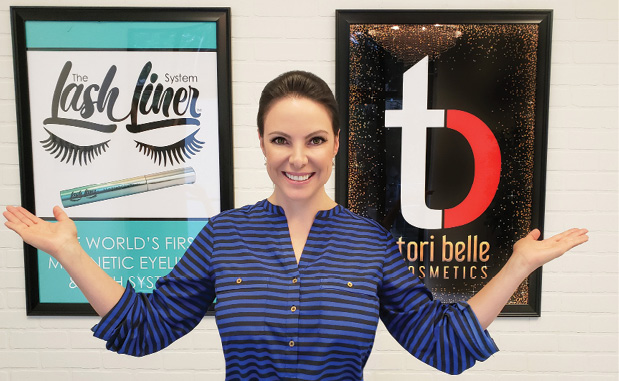
Digital innovation strategies drive customer acquisition across the board and empower consultants. Whether it’s Green Compass’s mobile-first website rebuild to shorten Advocate enrollment times; Red Aspen’s inventory and shipping system improvements; or Scout & Cellar’s Auto-Sip program, investments in digital technologies continue to prove successful.
To reach customers in every space they live, BELLAME launched an Omni Marketing Opportunity in February and eagerly await others to break with traditional cookie cutter direct selling or network marketing models.
“Our industry is not the same as it was when I started 27 years ago. It has changed significantly within even the past few years,” Thompson said. “We must think differently and embrace a digital, omni world. From scratch, we built our proprietary platform, complete with customer digital tools, back office and a commission engine that is ever evolving and tailored to the needs of our business. This has allowed us to not only survive a global pandemic, but thrive by providing a new experience for our customers and Brand Partners.”
Coming Through Hypergrowth
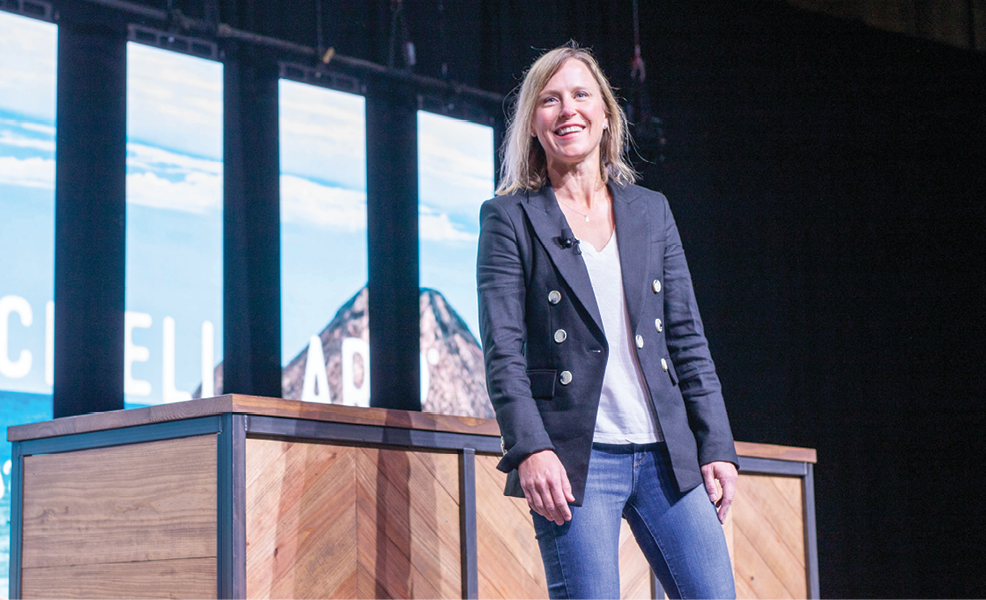
Misreading market demand kills startups, but that doesn’t always equate to too few sales. There’s great peril in hypergrowth, too. So how did these companies ward off that danger? They stayed close to their mission and vision and purpose. They renewed their commitments to their company cultures. They failed. They course-corrected and learned to navigate. And then they moved on.
“I think one of the things we do really well is fail. We are really good at failing with our field and owning it when we do. That drives a lot of trust,” Shadonix said.
Communicating, owning it, being transparent about what was going on and the stress on Scout & Cellar operations helped them make it through hypergrowth. In hindsight, though, Shadonix wishes they had documented opportunities for improved efficiency along the way.
And at Tori Belle, they found a way to pivot when pressed. “If we had a product failure because we were pushing too hard too fast, we replaced it with double. And we did everything we could to keep people’s good will even though we were struggling to keep up,” Hunter remembered.
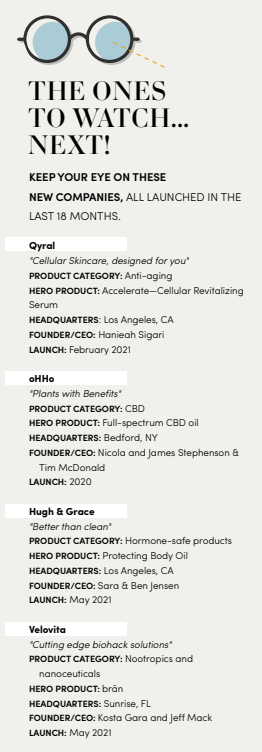
Too much inventory; not enough inventory; too many new systems too soon; too few starter kits; website failures; bad hires; shipping delays; customer support clogs—you name it, hypergrowth rears its ugly head and dares startups to keep pace and survive.
For Bellame, the complexities of hypergrowth forced them to create a new space within the direct selling industry and innovate their way of doing business. They launched with just four products in 2018 and now boast more than 150 SKUs, which will grow with the planned launch of haircare and baby products. They have their eyes on global expansion after they secure a solid foundation in the U.S.
Scout & Cellar is evolving from a clean crafted wine company into a clean crafted lifestyle company. Innovations into adjacent categories have included spritzers, canned wine and cider, olive oil and vinegar. They expect to launch clean crafted coffee in Q4 of this year.
Product launches for Tori Belle will slow by design, instead their focus is building affiliate residual income through an already popular subscription box program. The company is currently doing business in nine countries with expansions into others on the horizon.
“We are currently building Red Aspen’s corporate headquarters, and it is being designed with growth in mind. We currently have multiple warehouses and two corporate offices. The new headquarters is intended to bring it all together and allow growth over the years to come,” McKinney shared.
The Green Compass roadmap includes nine products for the back half of 2022 with a plan to continue the trend next year with targeted wellness products. They expect data-driven prospecting tools and a new brand look and feel to improve Advocate recruitment. Re-order rates, average order volumes, preferred customer subscriptions, per-Advocate sales and new customer acquisition will be areas of focus.
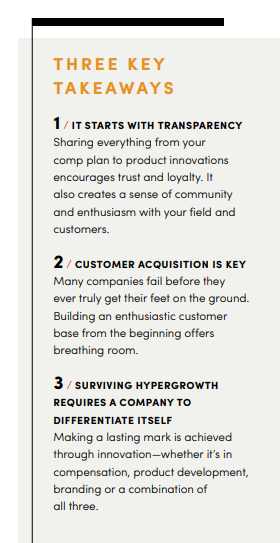
Bringing It All Together
Although the odds might seem to be stacked against young companies, the right attitude, right product assortment, right approach and right strategy can help those with determination and focus grow and thrive through the inevitable startup setbacks.
The lessons and wins outlined in this article offer tremendous insights to companies in the channel at all stages and a blueprint for success for those about to take the plunge.
From the August 2022 issue of Direct Selling News magazine.


